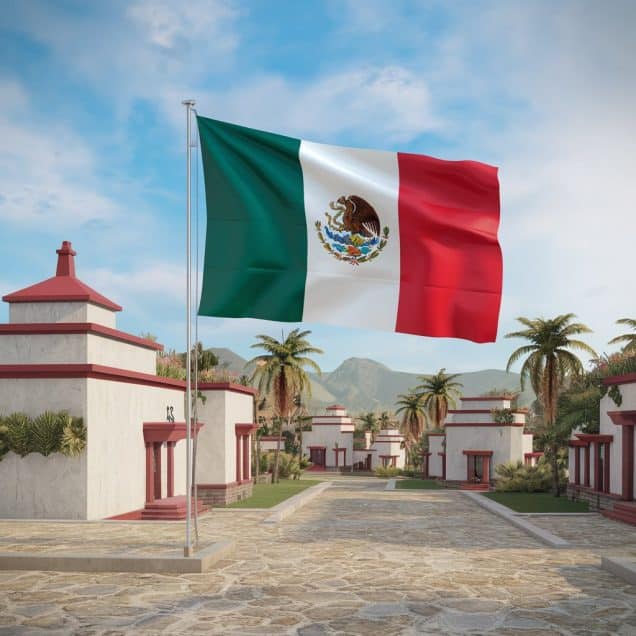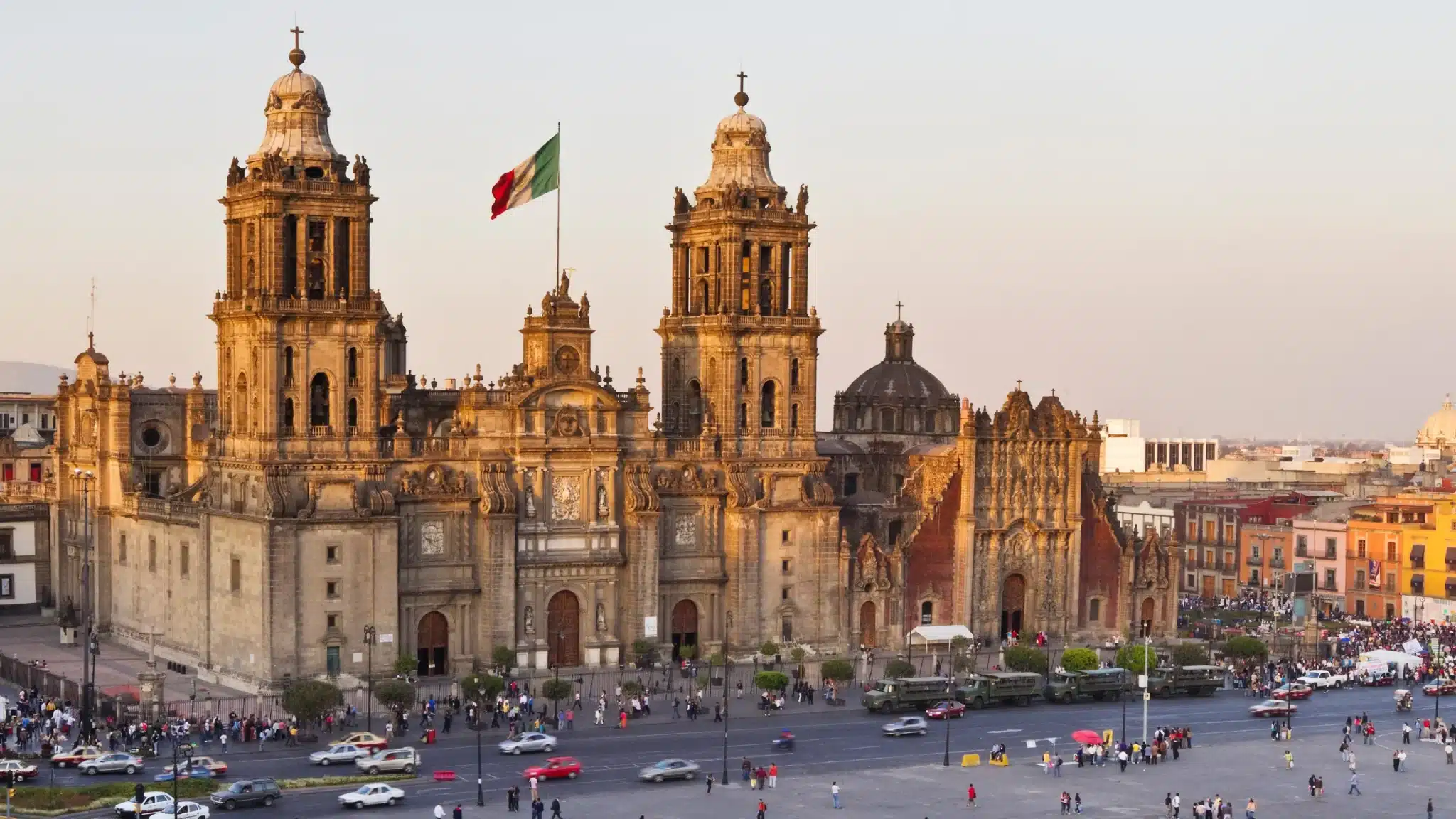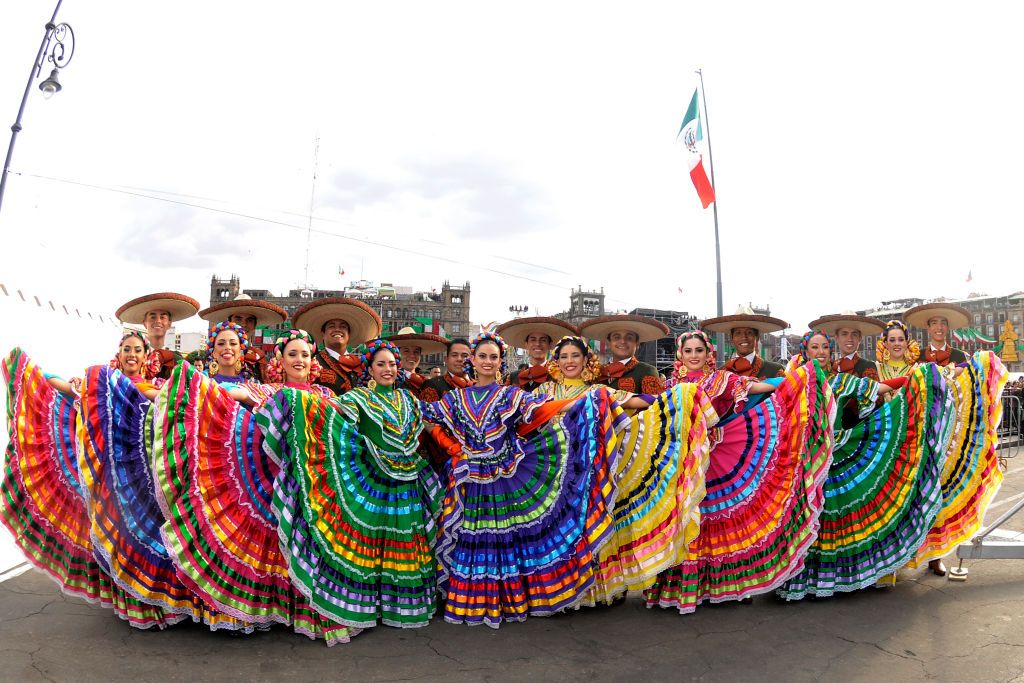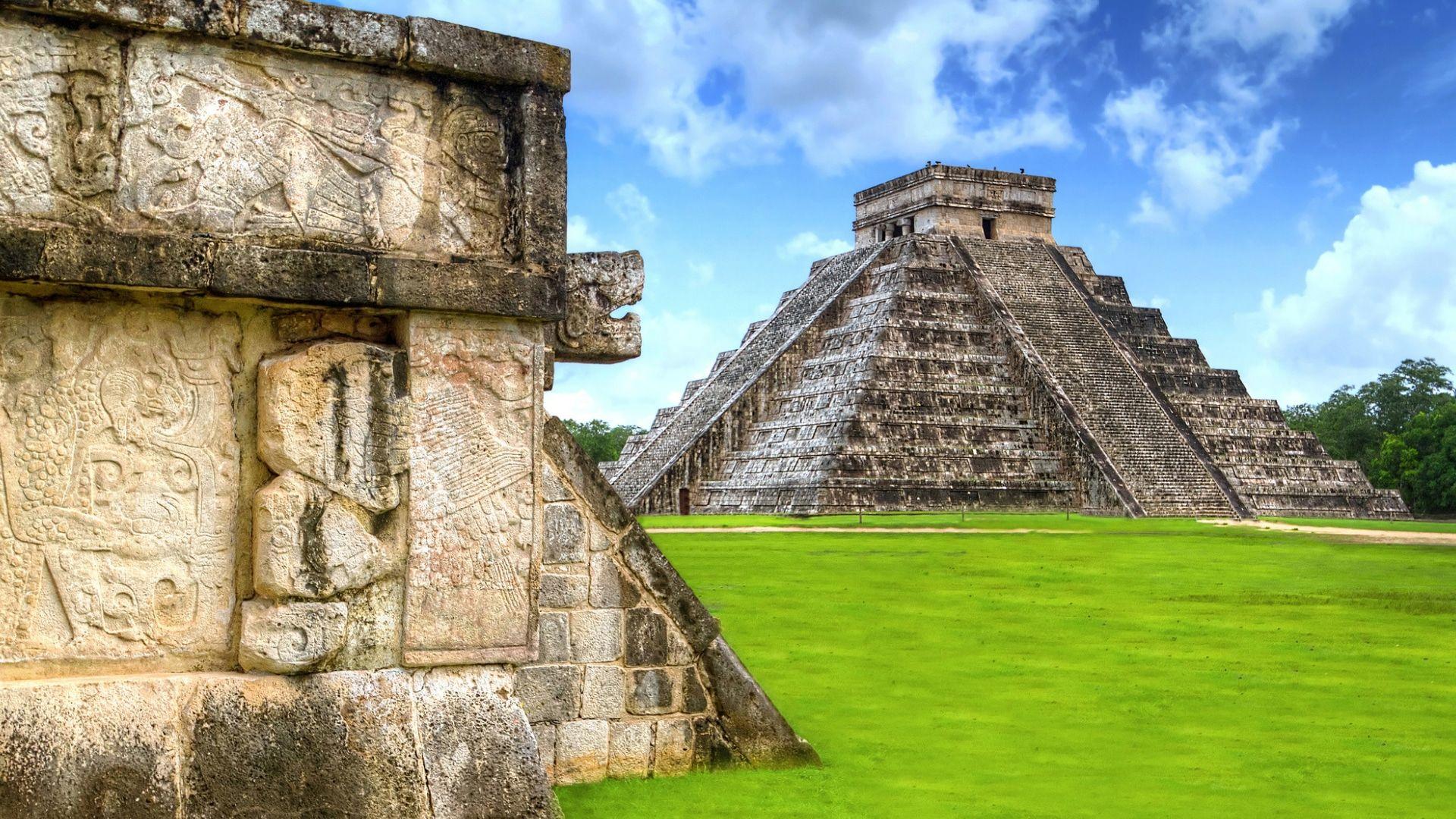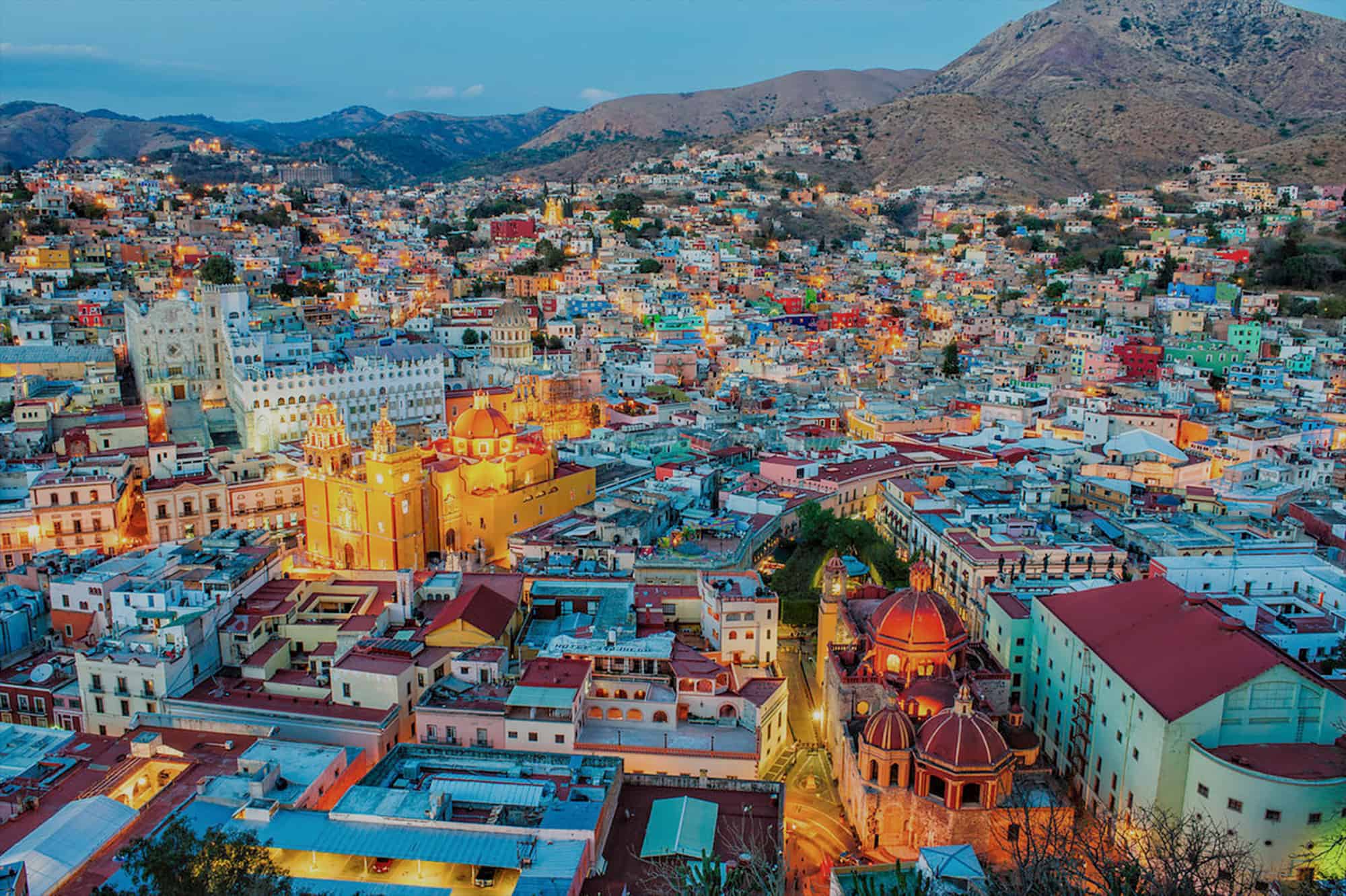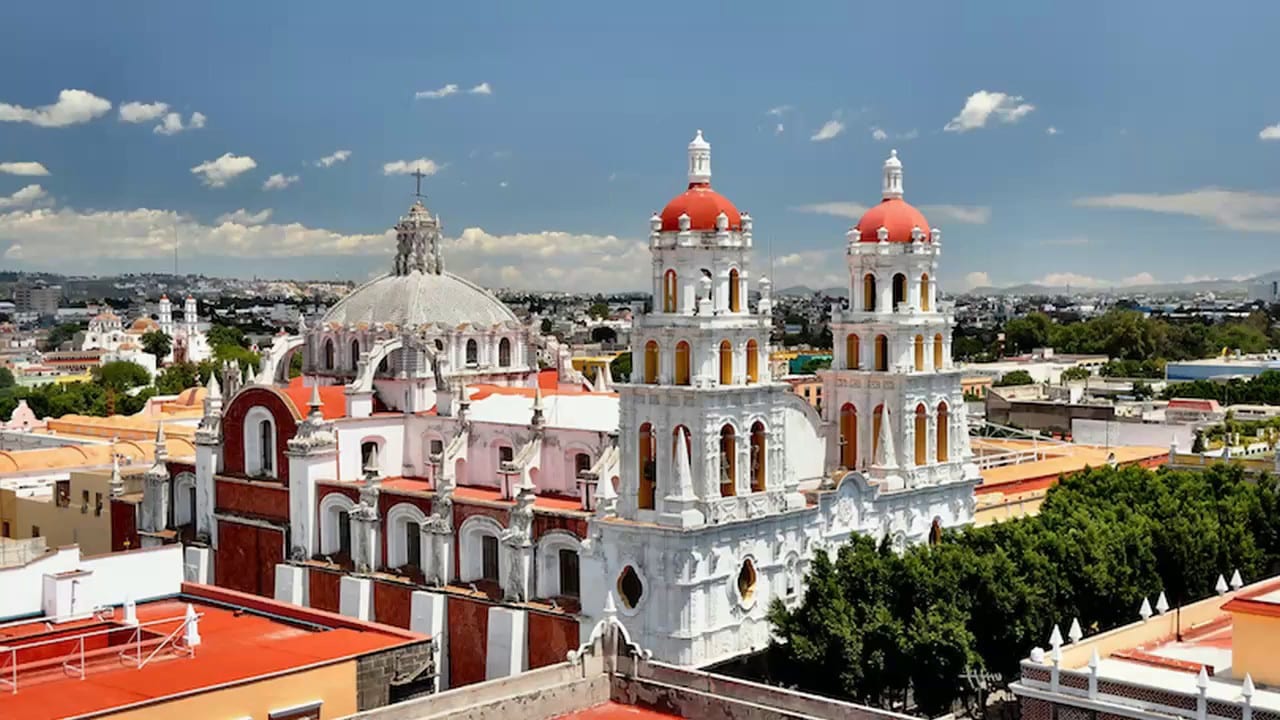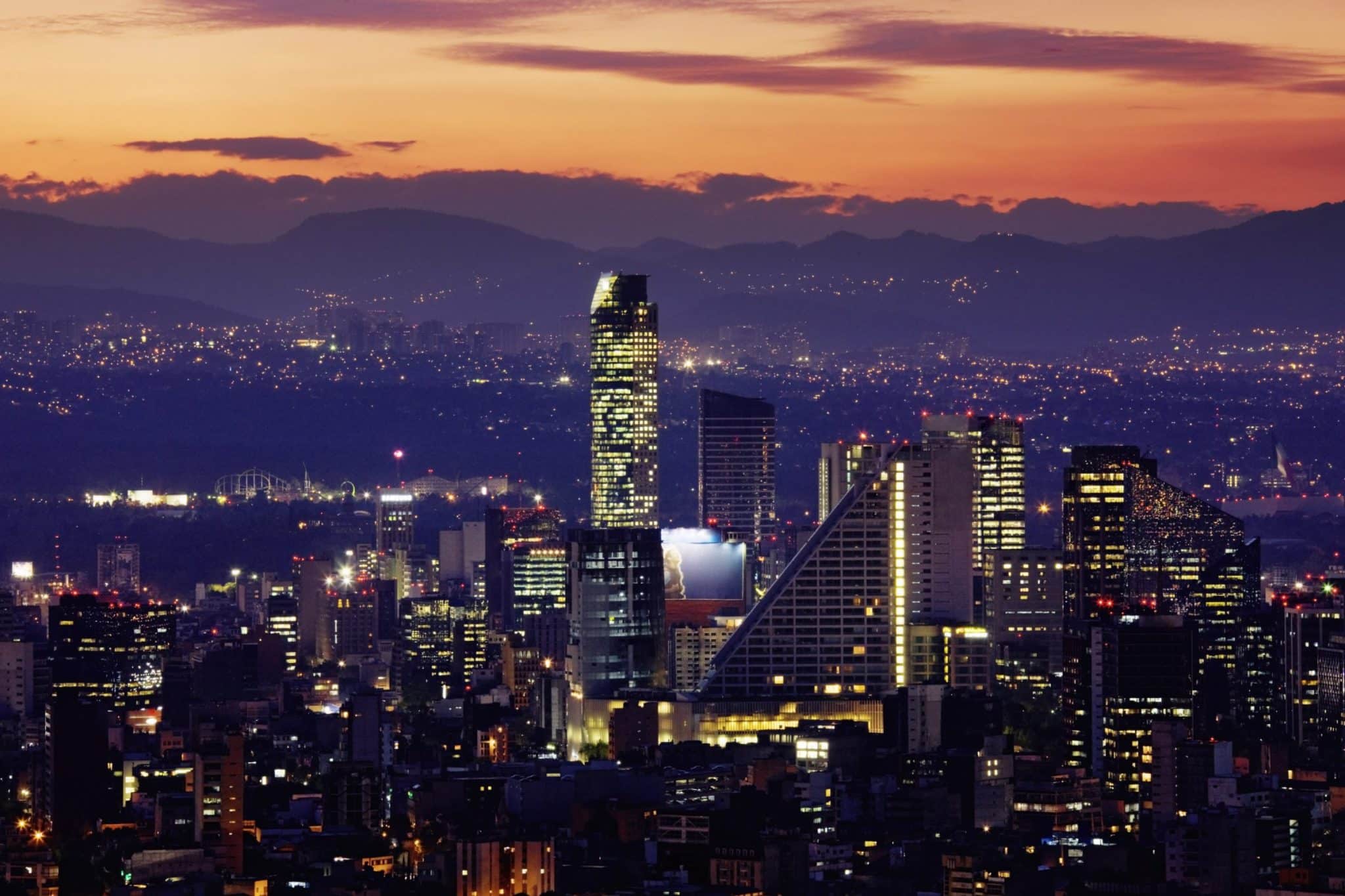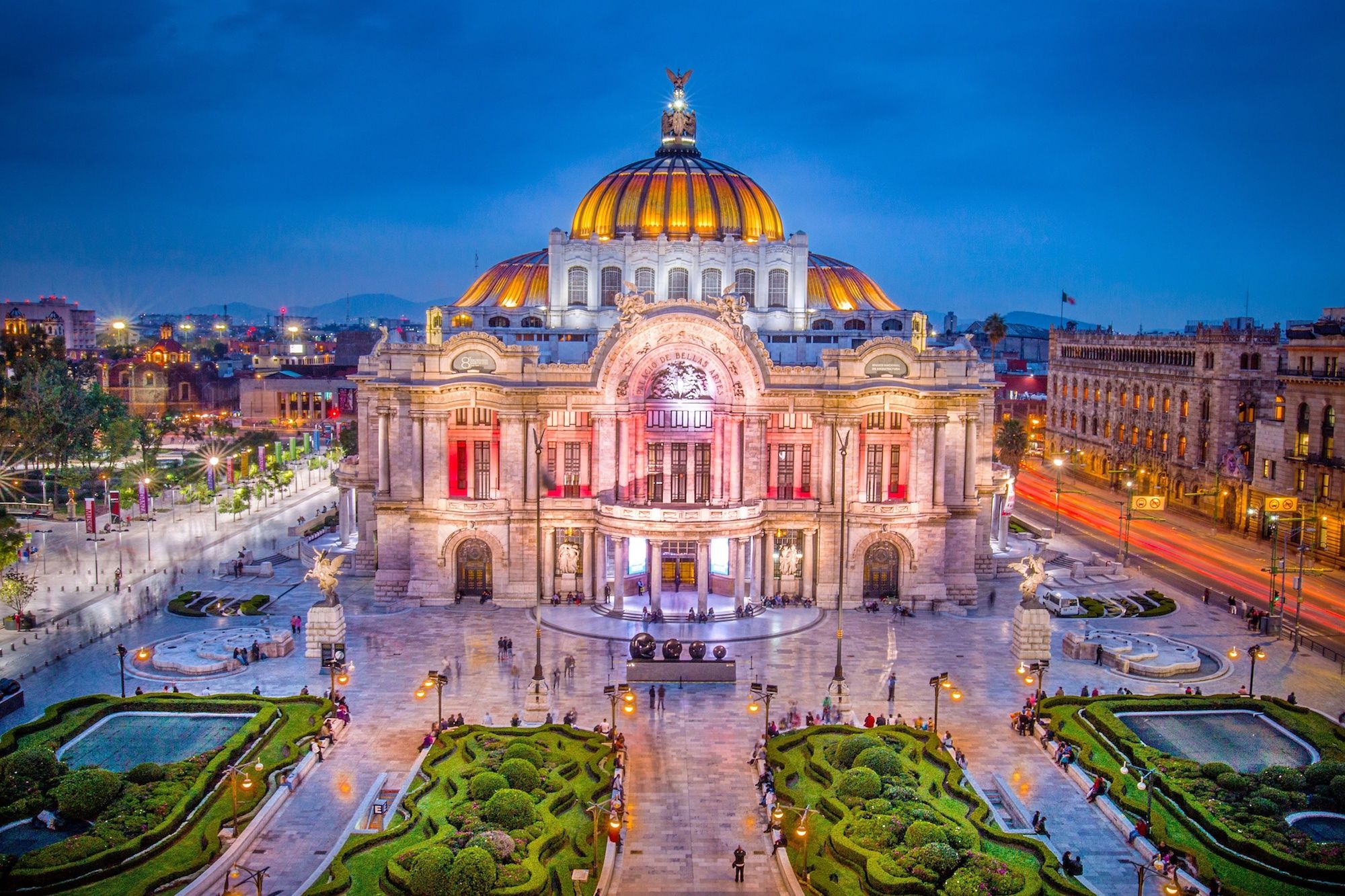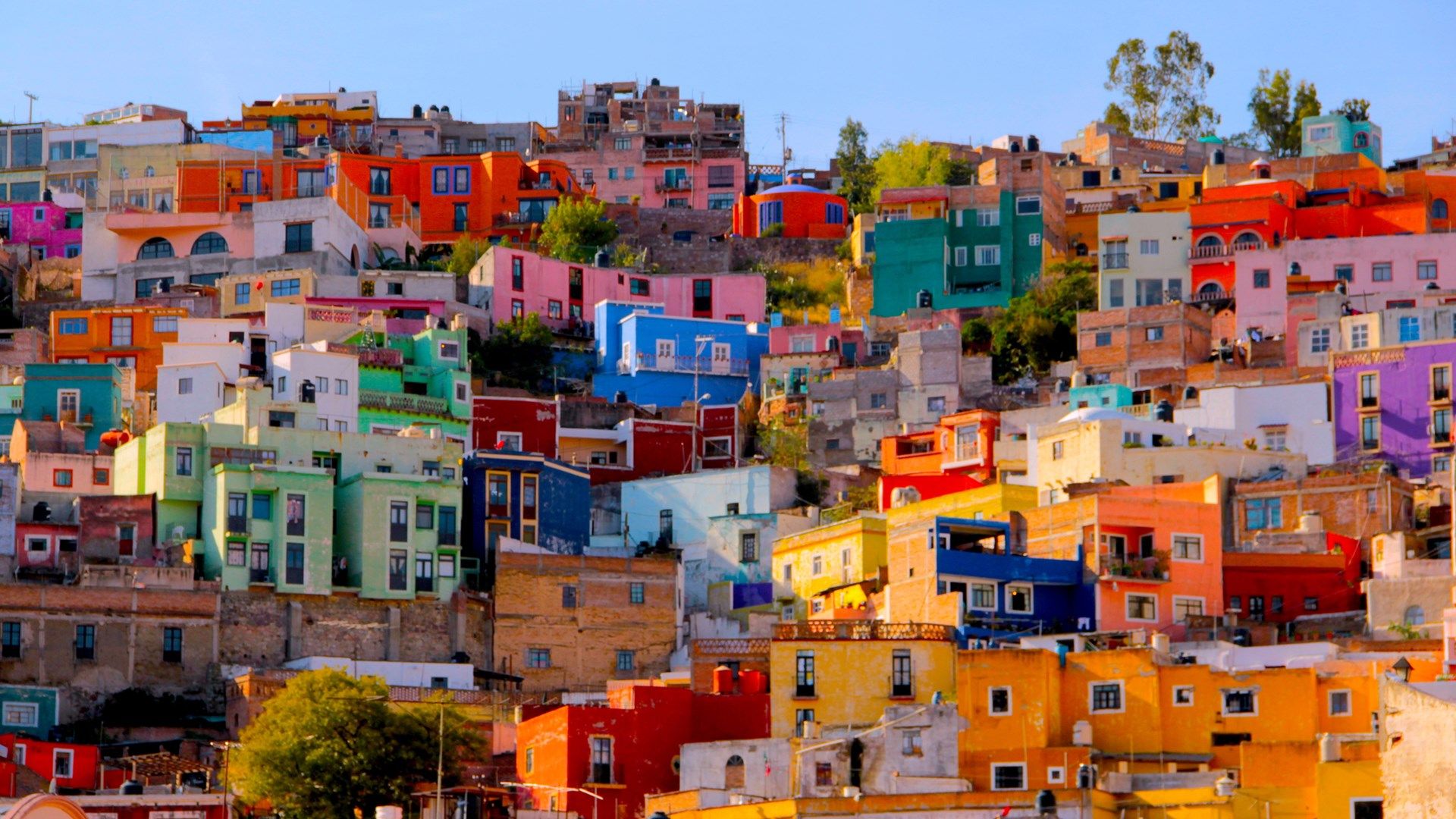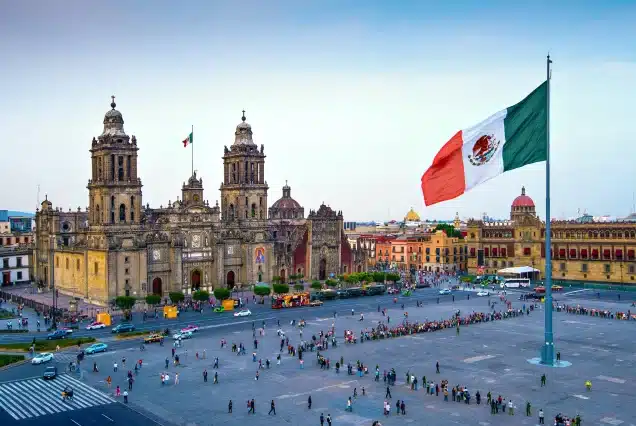

Discover Mexico
Sights
Map
Info
Mexico, a country known for its rich cultural heritage, vibrant cities, and stunning natural landscapes, is a top destination for travelers seeking a mix of history, adventure, and relaxation. From the ancient ruins of the Aztecs and Mayans to the beautiful beaches of Cancún and the cultural hubs of Mexico City and Oaxaca, Mexico offers something for everyone. The country’s deep-rooted traditions, flavorful cuisine, and warm hospitality make it a welcoming place for visitors. To ensure a smooth and enjoyable visit, it’s important to be aware of the visa requirements, transportation options, and cultural norms in Mexico.
Visa and Passport Requirements
Visa Requirement: Many nationalities, including those from the United States, Canada, and the European Union, do not require a visa for stays of up to 180 days in Mexico for tourism purposes.
Passport Validity: Your passport should be valid for the duration of your stay, although it’s recommended to have at least six months of validity remaining.
Tourist Card (FMM): Upon arrival, travelers must complete a Forma Migratoria Múltiple (FMM), a tourist card that you should keep until your departure.
Transportation
Public Transport: Mexico has an extensive network of buses that connect cities and towns, with first-class and luxury options available for longer distances. Metro systems are available in Mexico City and other major cities, offering a convenient way to get around.
Taxis and Ride-Sharing: Taxis are widely available, but it’s advisable to use authorized taxi stands or ride-sharing apps like Uber for safety and convenience.
Domestic Flights: For traveling long distances within Mexico, domestic flights are a practical and time-saving option, with several airlines operating across the country.
Accommodation
Hotels: Mexico offers a wide range of hotels, from luxury resorts in beach destinations to budget-friendly options in cities and small towns.
Boutique Hotels and B&Bs: For a more personalized experience, boutique hotels and bed-and-breakfasts are popular, especially in cultural cities like Oaxaca and San Miguel de Allende.
Vacation Rentals: Airbnb and other vacation rental services are widely available, offering options ranging from city apartments to beachfront villas.
Dining
Mexican Cuisine: Mexico is famous for its diverse and flavorful cuisine, with staples like tacos, enchiladas, and mole, as well as regional specialties that vary from one state to another.
Street Food: Street food is a major part of Mexican culture, offering delicious and affordable options like tacos, elotes (grilled corn), and tamales.
Tipping: Tipping is customary in Mexico, with 10-15% of the bill being standard in restaurants and cafes.
Cultural Considerations
Respect for Traditions: Mexicans value their traditions and cultural practices, so it’s important to be respectful, especially during religious events and in indigenous communities.
Social Etiquette: Mexicans are generally warm and hospitable, but it’s important to greet people politely, using “buenos días” (good morning) or “buenas tardes” (good afternoon).
Safety Awareness: While Mexico is generally safe for tourists, it’s advisable to be cautious in certain areas, avoid displaying valuables, and stay informed about local safety guidelines.
Language
Language: Spanish is the official language, and while English is spoken in tourist areas, it’s helpful to know basic Spanish phrases for better communication.
Signage: Most public signs and information are in Spanish, so learning a few key words can be useful when navigating the country.
Translation Apps: Using a translation app can help bridge the language gap, especially in less touristy areas where English may not be widely spoken.
Technology and Communication
Mobile Connectivity: Mexico has good mobile network coverage, and it’s easy to purchase a local SIM card for data and calls, available at airports and in cities.
Wi-Fi Access: Free Wi-Fi is widely available in hotels, cafes, and public spaces, though speeds can vary, especially in rural areas.
Electrical Outlets: Mexico uses a 127V electrical system with Type A and B plugs, so travelers from other regions may need an adapter.
Shopping and Payment
Credit Cards: Credit cards are widely accepted in Mexico, especially in cities and tourist areas, but it’s advisable to carry some cash for smaller purchases or in rural areas.
Currency Exchange: The Mexican Peso (MXN) is the official currency, and currency exchange services are available at airports, banks, and exchange bureaus.
Markets and Bargaining: Traditional markets, or “mercados,” are popular for buying crafts, souvenirs, and local products, where bargaining is common and often expected.

